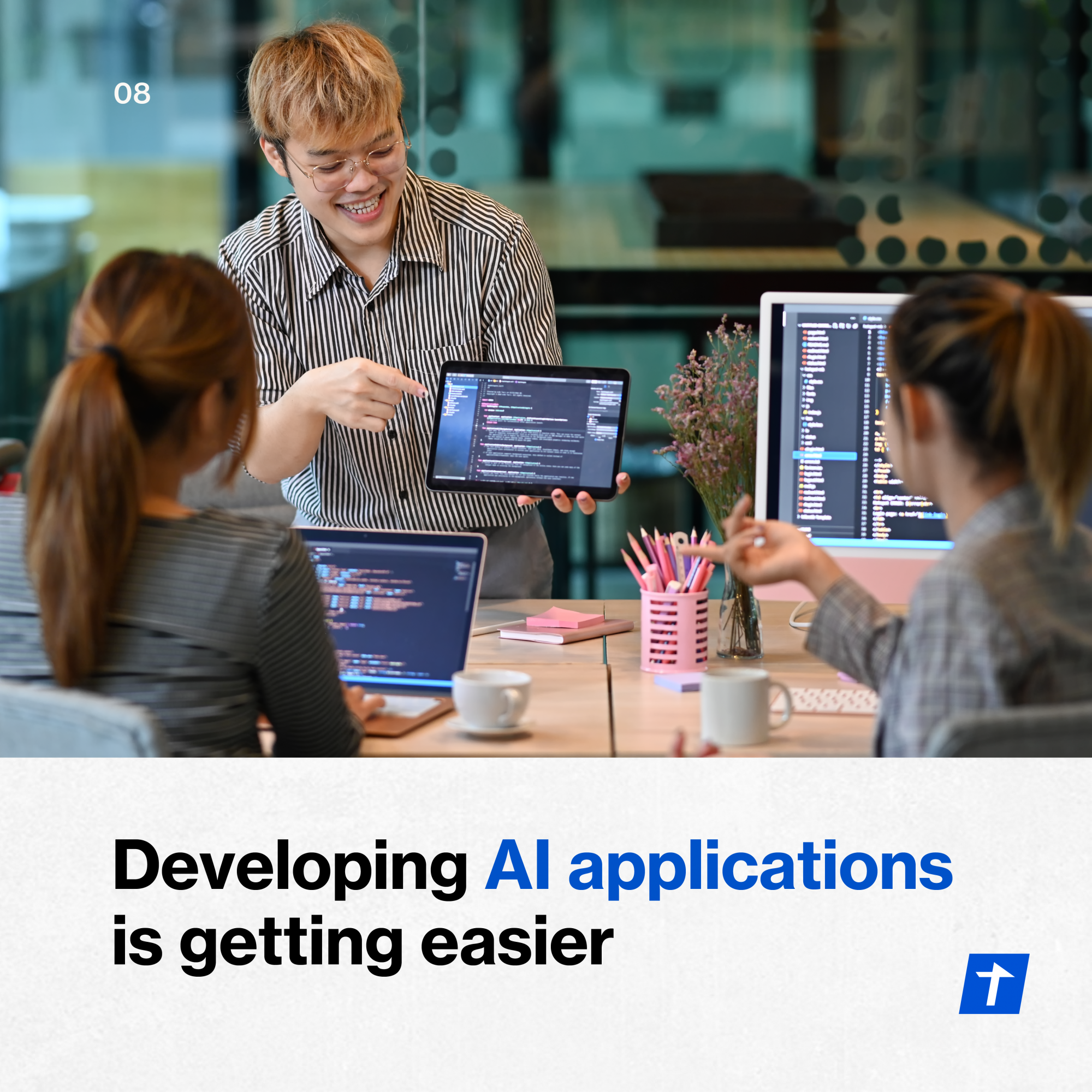#TencentInnovates to Restore Operas, Improve Language Recognition, and Bring Sustainable Data Centers and Accessible Buildings to Life
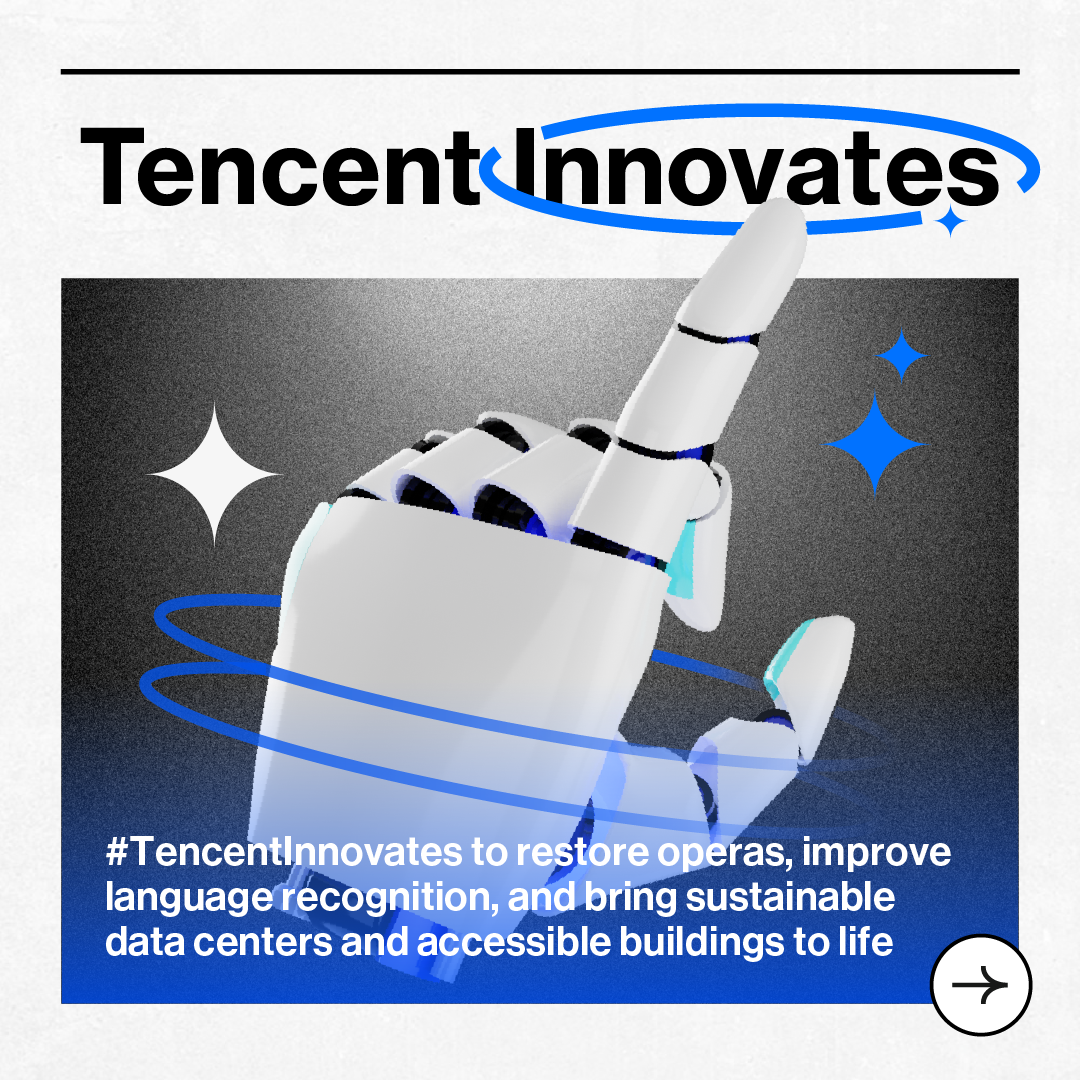
In our Tencent Innovates series, we look at tech that creates opportunities, bridges gaps, and enhances people, business, and society. In this edition, we highlight advancements in barrier-free buildings and developments that make it easier to develop AI applications or communicate in different languages. We also detail solutions in renewable energy, and the restoration of music from bygone eras.
1. Investing in R&D Yields Innovation
To innovate and create, you must invest. In 2023 alone, we devoted nearly US$9 billion to research and development. Over four years, from 2020 until the end of 2023, we invested some US$30 billion in R&D, driving significant technological advancements that benefit shareholders, scientists and the wider community.
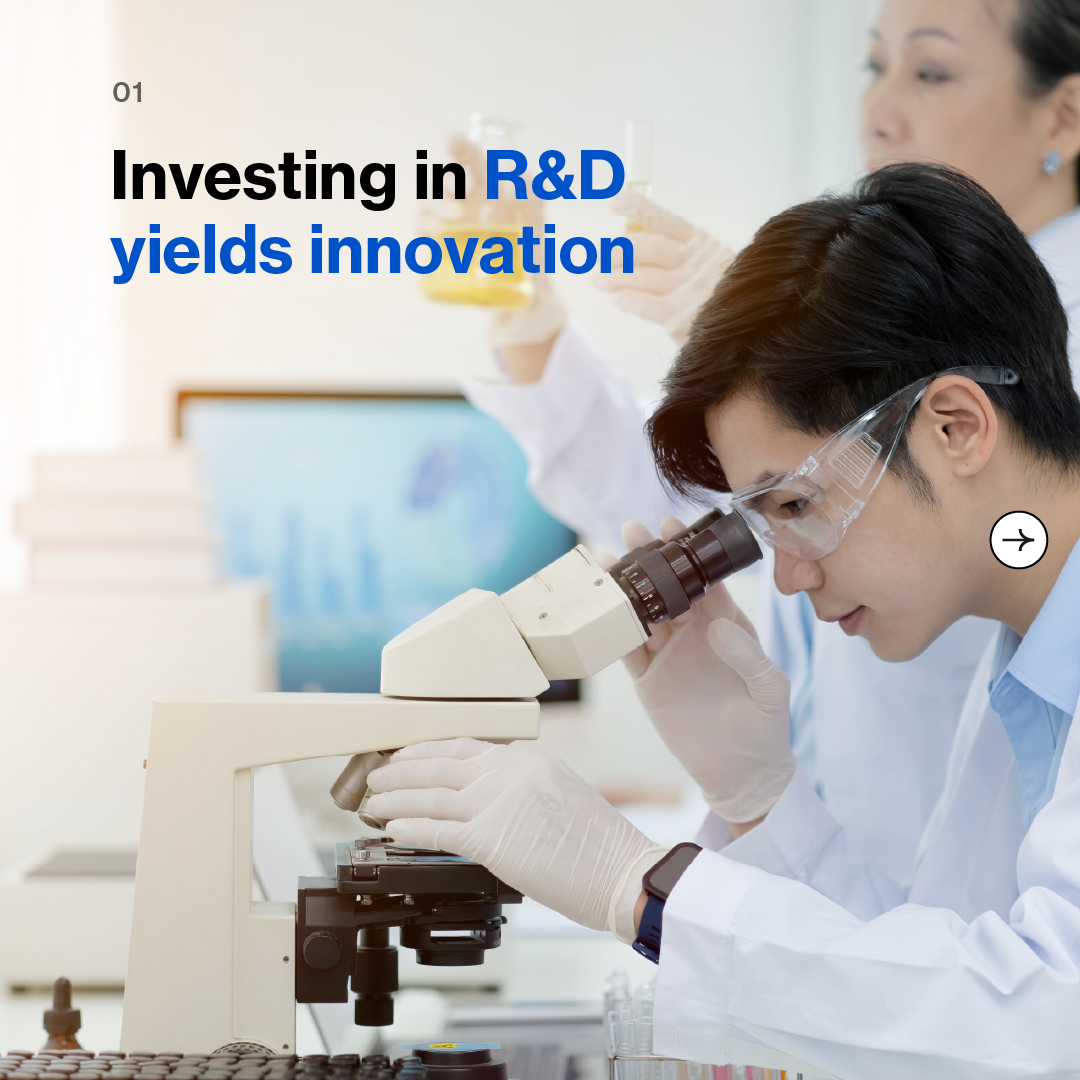
2. Investing in IP Protection Encourages Creativity
Bringing fresh ideas to life takes time, money, and tremendous effort. So protecting the intellectual property of creators, no matter the field, is essential. As of March 2024, we’ve published over 78,000 patent applications and secured more than 39,000 patent grants, leading the second place among global internet companies.
This growth in our IP holdings encourages more creative thinking as innovators, tech entrepreneurs, and our business partners all benefit.
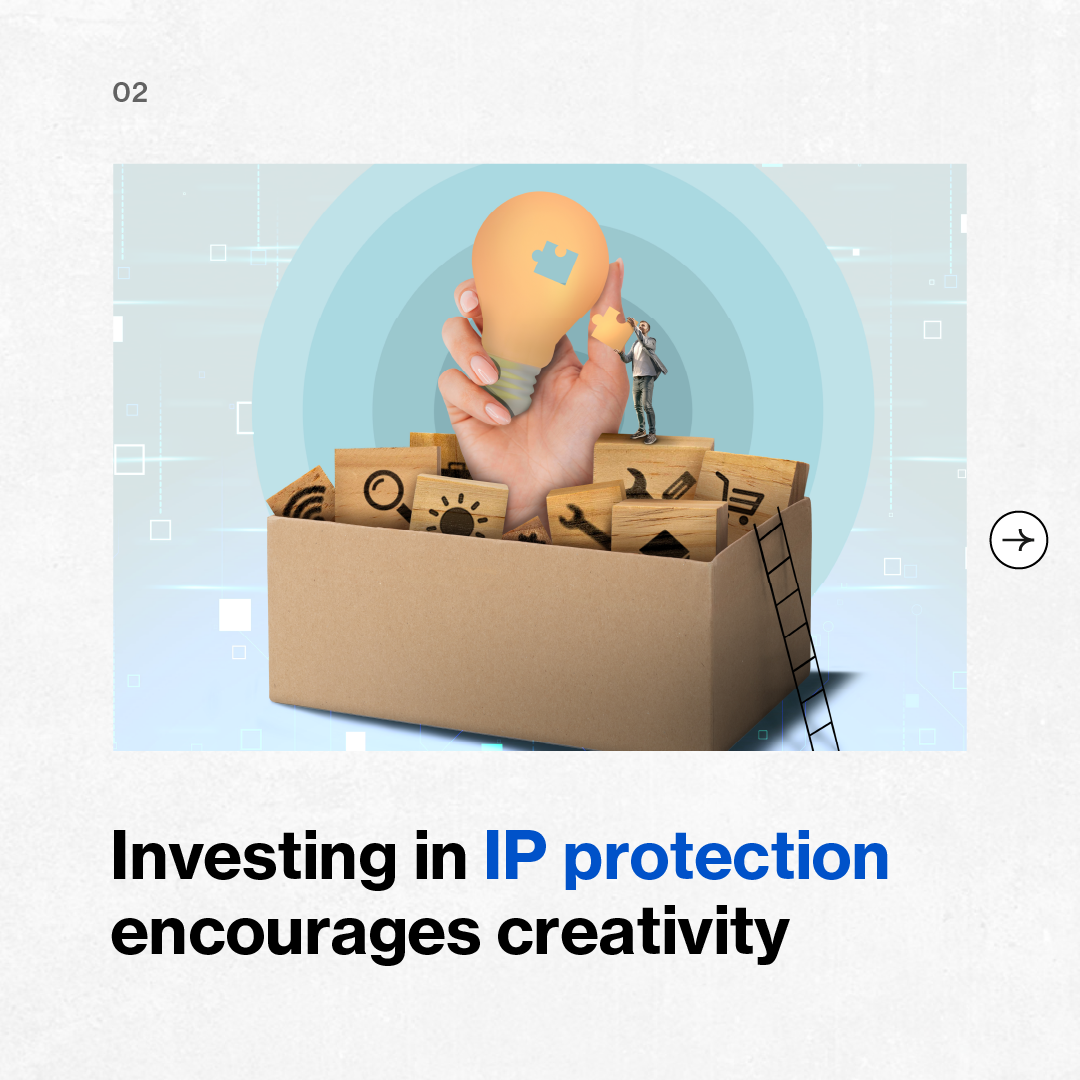
3. Multilingual Speech Recognition Is a Conversation Starter
Technology is continually fostering connection across the globe. But what about when you don’t speak the same language? Translation tools are infamously flummoxed by accents and dialects. Tencent Cloud is breaking new ground with multimodal fusion algorithms that enhance the understanding of context and improve speech recognition accuracy in complex scenarios. The gains are already clear in linguistically diverse China, with better translations of 23 dialects and counting. Global users also benefit, especially when English and Mandarin speakers are chatting, as old friends or potential startup partners.
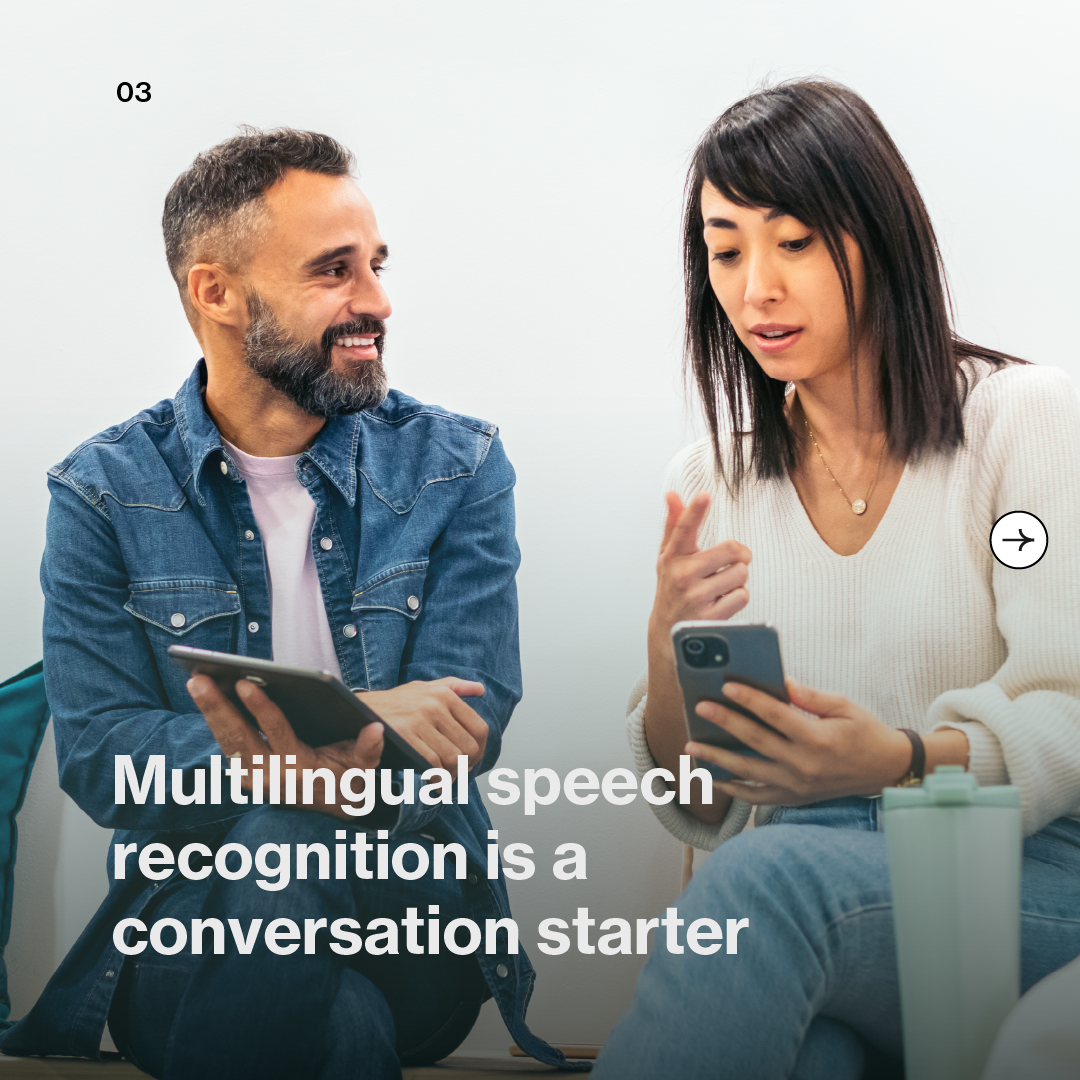
4. Classic Chinese Operas Captivate New Music Lovers
In the story of Mulan, a young warrior woman disguised herself as a man to join the army in place of her ailing father. Based on an ancient Chinese ballad, the tale of Mulan has been popularized globally in film, TV, literature, and on stage.
One version is a Chinese opera recorded in 1956. With the help of AI and cutting-edge 6DoF technology, we have restored the performance in delightful detail. A livestream brought the legend of Mulan and other lost operas to a whole new audience. Mulan is just one part of the wider project that seeks to restore 50 classic Chinese operas. It’s a boon for the opera lovers of now and future generations of music lovers too — and sets a new standard in cultural preservation.
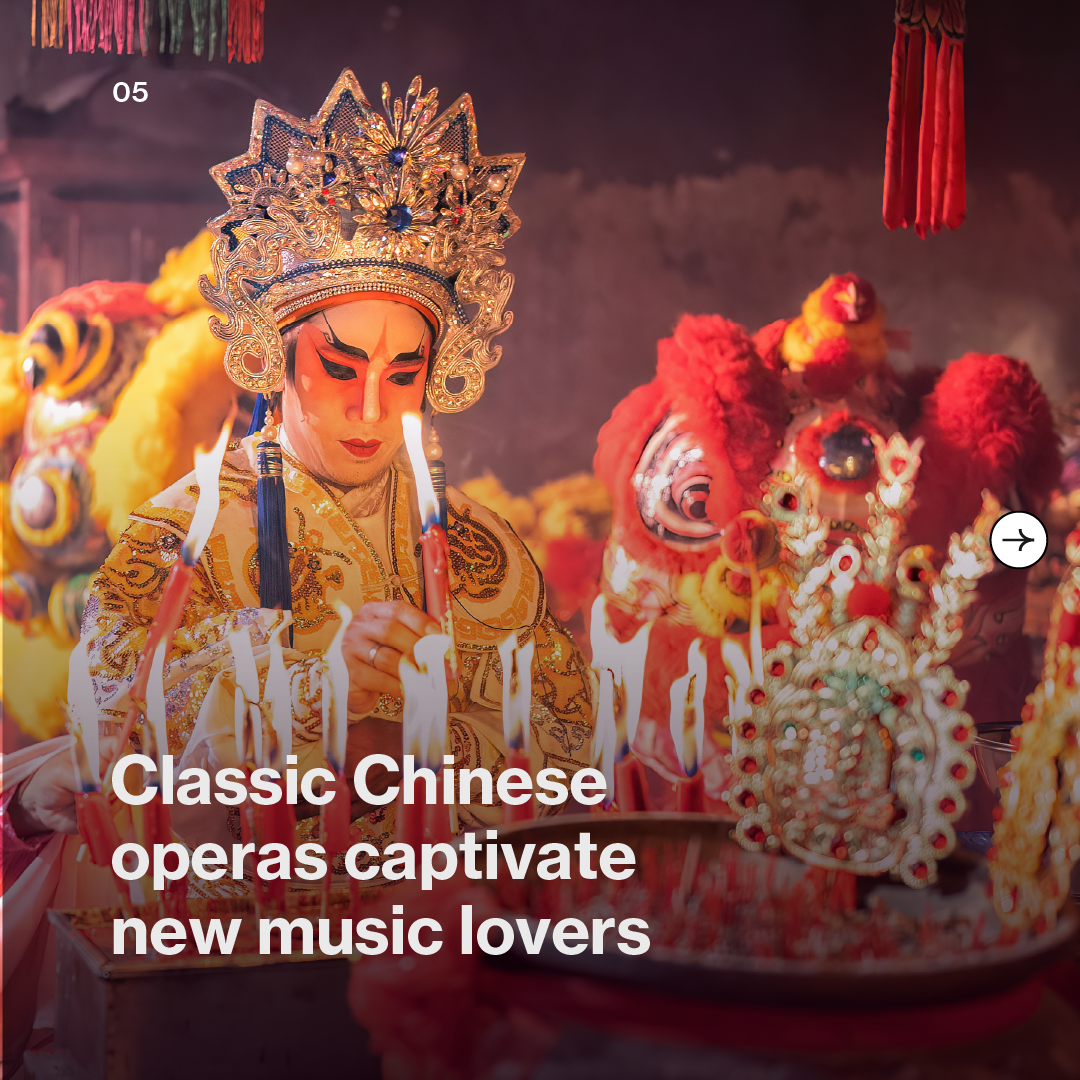
5. Solar Panels Turn Data Centers Into Power Plants
Data centers are essential to the functioning of modern society. These physical computing storage facilities allow businesses, governments, and households to do everything from managing company accounts and databases to streaming music, movies, and games wherever we are. But data centers suck up lots of energy.
We’ve found a potential solution at our internet data center in the Chinese city of Tianjin, which produces its own green electricity. Power is generated through the installation of photovoltaic (solar) panels on top of the facility. The total installed capacity can generate 12 million kWh of zero-carbon energy annually, equivalent to the electricity consumption of 6,000 households per year. Renewables account for over half of our owned data centers’ electricity consumption today, and that figure will continue to grow.
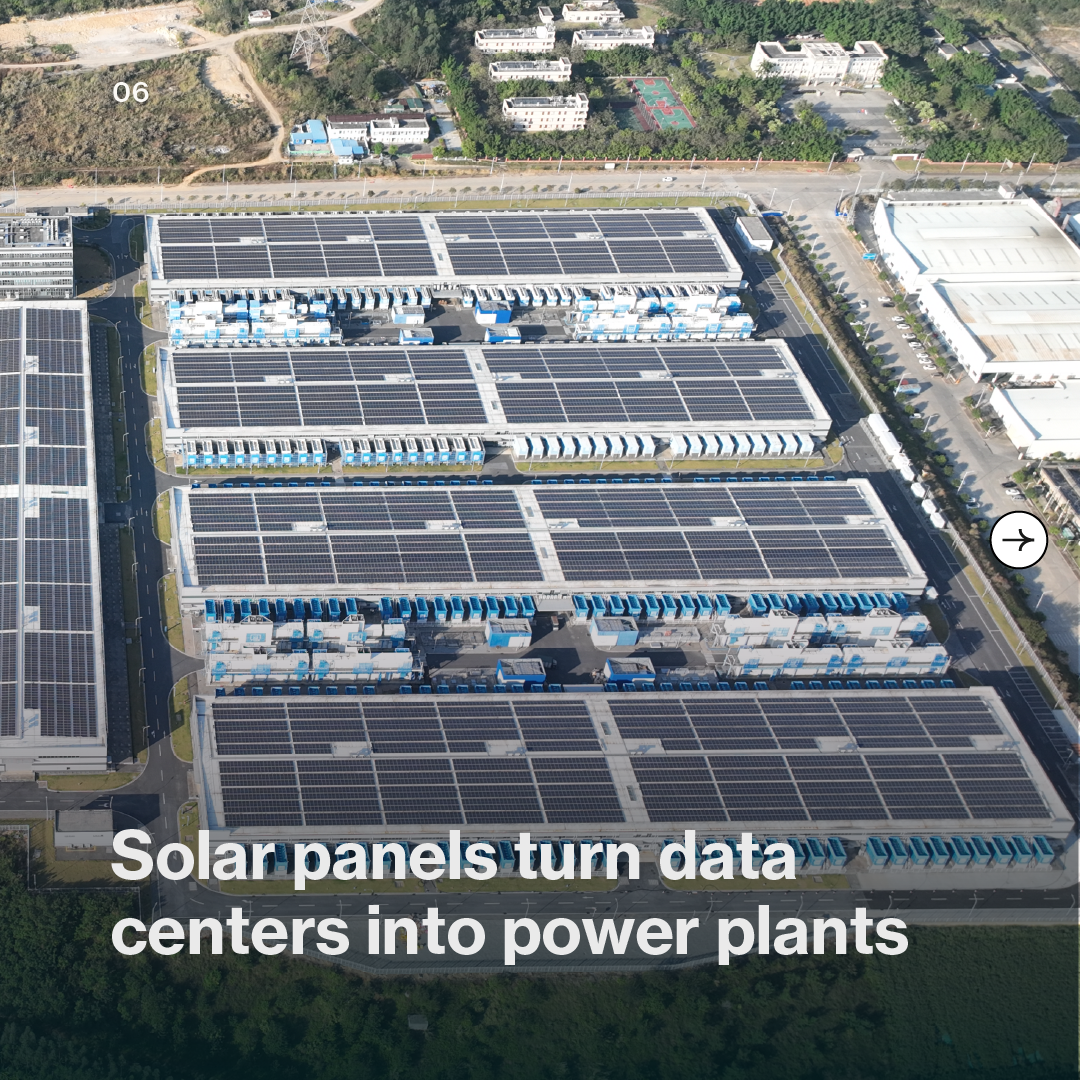
6. Our New HQ Gets Top Marks for Accessibility
We’re building new global headquarters in Shenzhen, China. Two of the campus buildings, due to be completed by the end of 2024, have already earned a three-star accessibility rating, the highest possible. It’s a concrete example of our vision and commitment to making cities more accessible for everyone, including people with disabilities and the elderly.
Accessibility features include restrooms and work desks that allow for smooth wheelchair entry and maneuverability, and elevators that can be called with the tap of a foot. We’re also installing universal ramps and outdoor drainage grills that won’t trap mobility aids. With over 80 accessibility-related patents, by the end of December 2023, and optimizations in core products, we’re ensuring equal access and usability for all.
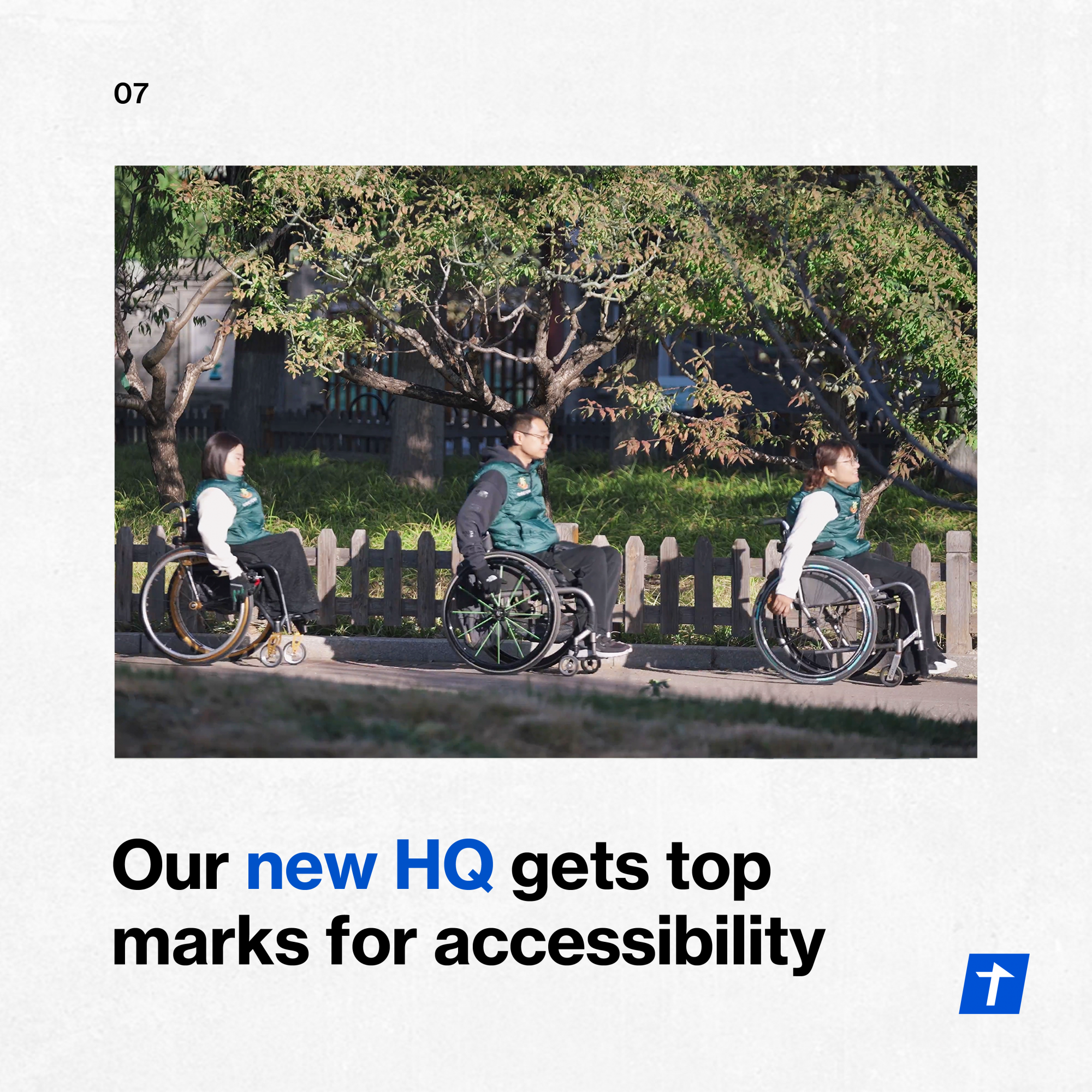
7. Developing AI Applications Is Getting Easier
We’re making it simpler and quicker for developers to create AI applications in as fast as 10 minutes with the help of Tencent Cloud’s Hyper Application Inventor (HAI). HAI provides cost-effective GPU computing power and one-click deployment of the app on the cloud. The service reduces time-to-market for AI apps, with individual users, developers, and a wide range of SMEs among the winners.
